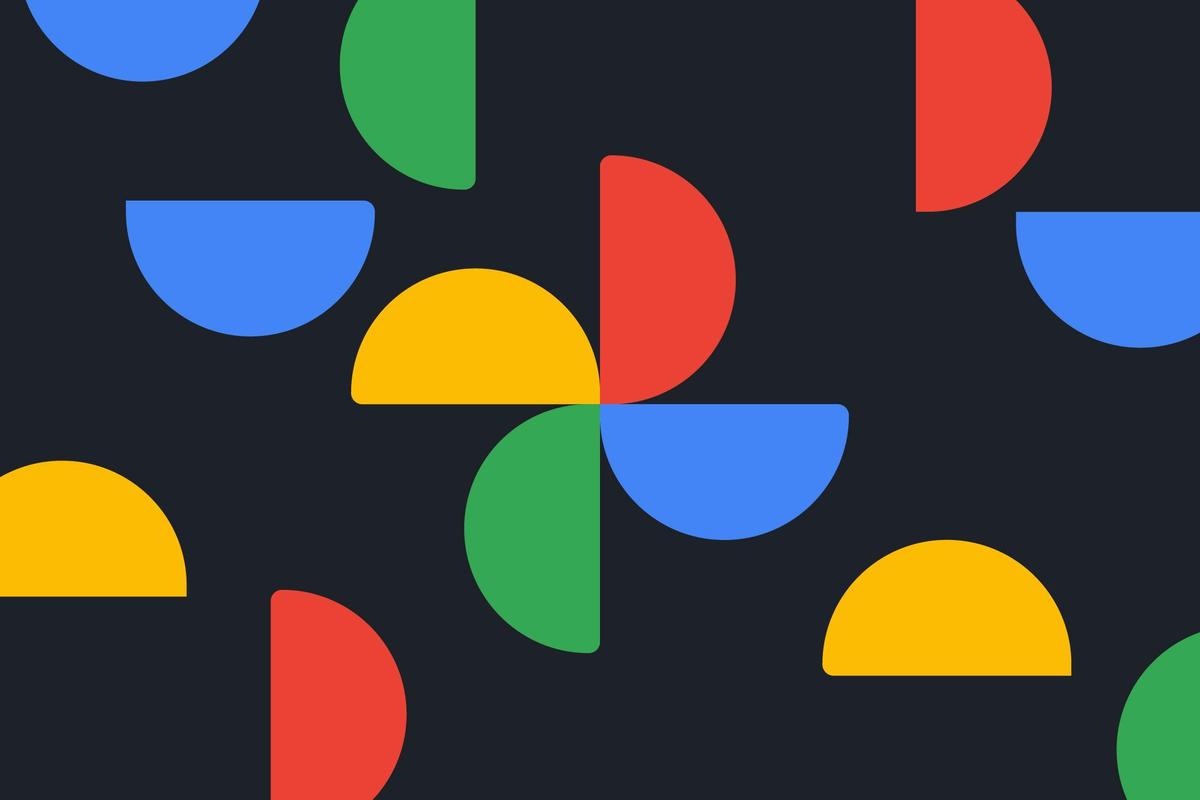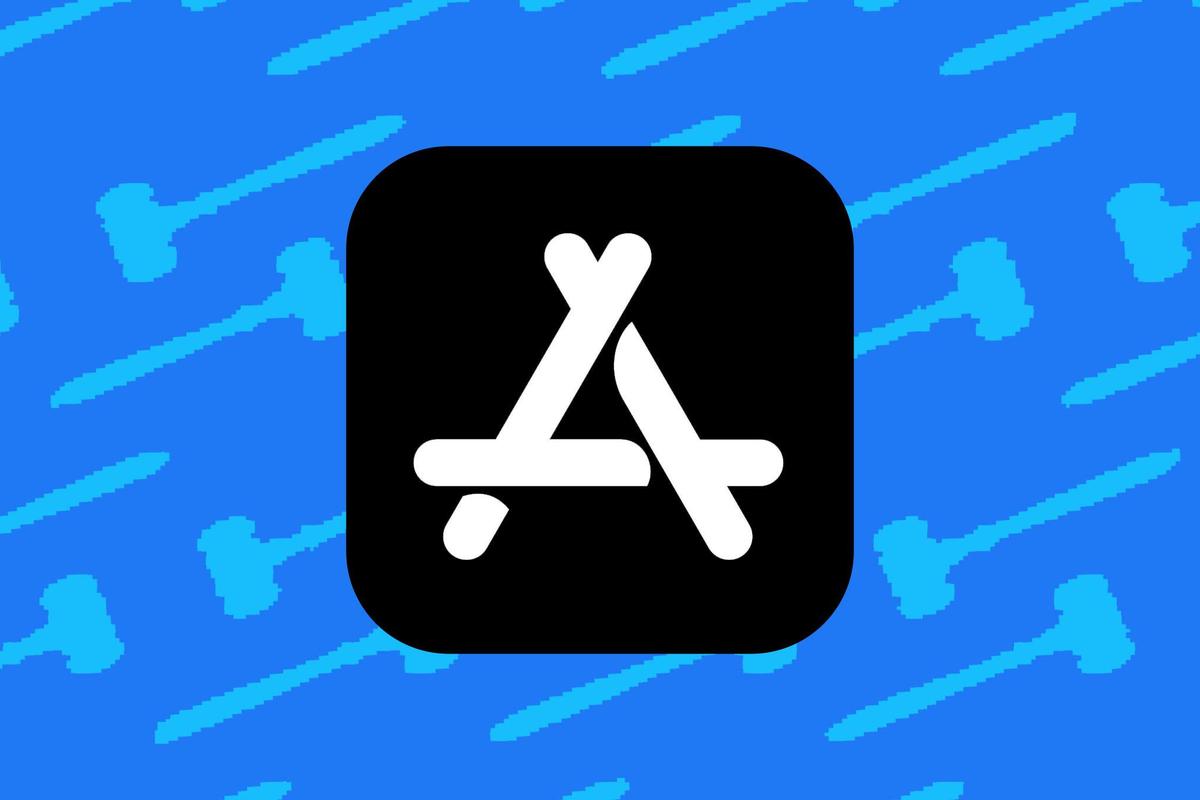Google to Roll Out Gemini AI for Kids, Sparks Debate on Safety and Education
Google to Roll Out Gemini AI for Kids, Sparks Debate on Safety and Education
Google is preparing to introduce its Gemini AI to younger users, a move that’s generating both excitement and apprehension. Parents using Google’s Family Link parental controls are receiving notifications that their children will soon have access to Gemini AI apps on their monitored Android devices. This development promises to bring the power of AI to kids for educational and creative purposes, but also raises crucial questions about safety, privacy, and the potential impact on young minds.
Gemini for Kids: Homework Help and Story Time
According to Google, children will be able to leverage Gemini for a variety of tasks, including homework assistance and interactive storytelling. This opens up exciting possibilities for personalized learning and engaging educational experiences. Imagine a child struggling with a math problem receiving tailored guidance from an AI tutor, or a budding writer collaborating with Gemini to craft imaginative tales. The potential benefits are considerable, particularly in making learning more accessible and enjoyable.
Like its Workplace for Education accounts, Google assures parents that children’s data will not be used to train the AI. This is a critical point, as it addresses concerns about the potential exploitation of children’s information for commercial purposes. However, the question of data security and privacy remains paramount, requiring ongoing vigilance and robust safeguards.
A Word of Caution: Potential Pitfalls and Parental Guidance
Despite the potential benefits, Google is also issuing a warning to parents: “Gemini can make mistakes,” and children “may encounter content you don’t want them to see.” This acknowledgement of the inherent limitations and risks associated with AI is crucial. While Gemini is designed to be helpful and informative, it is not infallible and can sometimes generate inaccurate, inappropriate, or even harmful content.
This is not the first time that AI chatbots have faced scrutiny for their potential to generate problematic content. Other AI platforms, like Character.ai, have struggled with users being unable to distinguish between the chatbot and reality, and offering inappropriate content. These experiences underscore the importance of careful monitoring, parental involvement, and clear guidelines for children using AI tools.
Google’s advice to parents is to talk to their children and explain that the AI is not human and that they should not share sensitive information with the chatbot. This is sound advice, emphasizing the need for critical thinking and responsible online behavior. Parents should also encourage open communication with their children about their experiences with Gemini, creating a safe space for them to share any concerns or questions they may have.
Family Link Controls: A Safety Net for Young Users
Children under 13 will be able to enable and access Gemini on their own under Google Family Link. This feature is designed to help parents keep tabs on their kids’ device usage, set limits, and protect them from harmful content. Google spokesperson Karl Ryan confirmed that parents can turn off access via Family Link and that “they will get an additional notification when the young person accesses Gemini for the first time.”
Family Link provides parents with a range of tools to manage their children’s online activities, including setting screen time limits, blocking inappropriate websites and apps, and monitoring their location. These controls can be particularly valuable in the context of AI, allowing parents to tailor the Gemini experience to their children’s age and maturity level. It is important for parents to familiarize themselves with these tools and use them proactively to create a safe and supportive online environment for their children.
The Broader Implications: AI and the Future of Childhood
Google’s decision to introduce Gemini AI to children is part of a broader trend of integrating AI into various aspects of our lives, including education and entertainment. As AI becomes increasingly prevalent, it is essential to consider its potential impact on children’s development, learning, and well-being.
One key concern is the potential for AI to replace human interaction and critical thinking. While AI can be a valuable tool for learning and creativity, it should not be seen as a substitute for human teachers, mentors, and peers. Children need opportunities to engage in face-to-face interactions, develop social skills, and learn to think critically and independently. There is a risk that over-reliance on AI could stifle these crucial aspects of development.
Another important consideration is the potential for AI to exacerbate existing inequalities. Children from disadvantaged backgrounds may not have the same access to AI tools and resources as their more privileged peers, which could further widen the achievement gap. It is crucial to ensure that AI is used in a way that promotes equity and inclusivity, providing all children with the opportunity to benefit from its potential.
Striking a Balance: Harnessing the Benefits While Mitigating the Risks
The introduction of Gemini AI to children presents both opportunities and challenges. By striking a balance between harnessing the benefits of AI and mitigating the risks, we can ensure that this technology is used in a way that promotes children’s learning, development, and well-being.
This requires a collaborative effort involving parents, educators, policymakers, and technology companies. Parents need to be informed and engaged, actively monitoring their children’s use of AI and providing guidance and support. Educators need to be trained to use AI effectively in the classroom, integrating it into their teaching in a way that enhances learning and promotes critical thinking. Policymakers need to develop regulations and guidelines that protect children’s privacy and safety in the age of AI. And technology companies need to prioritize ethical considerations, designing AI tools that are safe, responsible, and beneficial for children.
Conclusion: A New Frontier in Childhood and Technology
Google’s move to bring Gemini AI to kids marks a significant step into a new frontier, one where artificial intelligence becomes increasingly integrated into the lives of young people. While the potential benefits are undeniable – personalized learning, creative exploration, and access to vast amounts of information – the associated risks demand careful consideration and proactive measures. As we navigate this evolving landscape, open communication, parental involvement, and a commitment to ethical development will be crucial in ensuring that AI serves as a force for good in the lives of children, empowering them to learn, grow, and thrive in the digital age.
Source: The Verge



